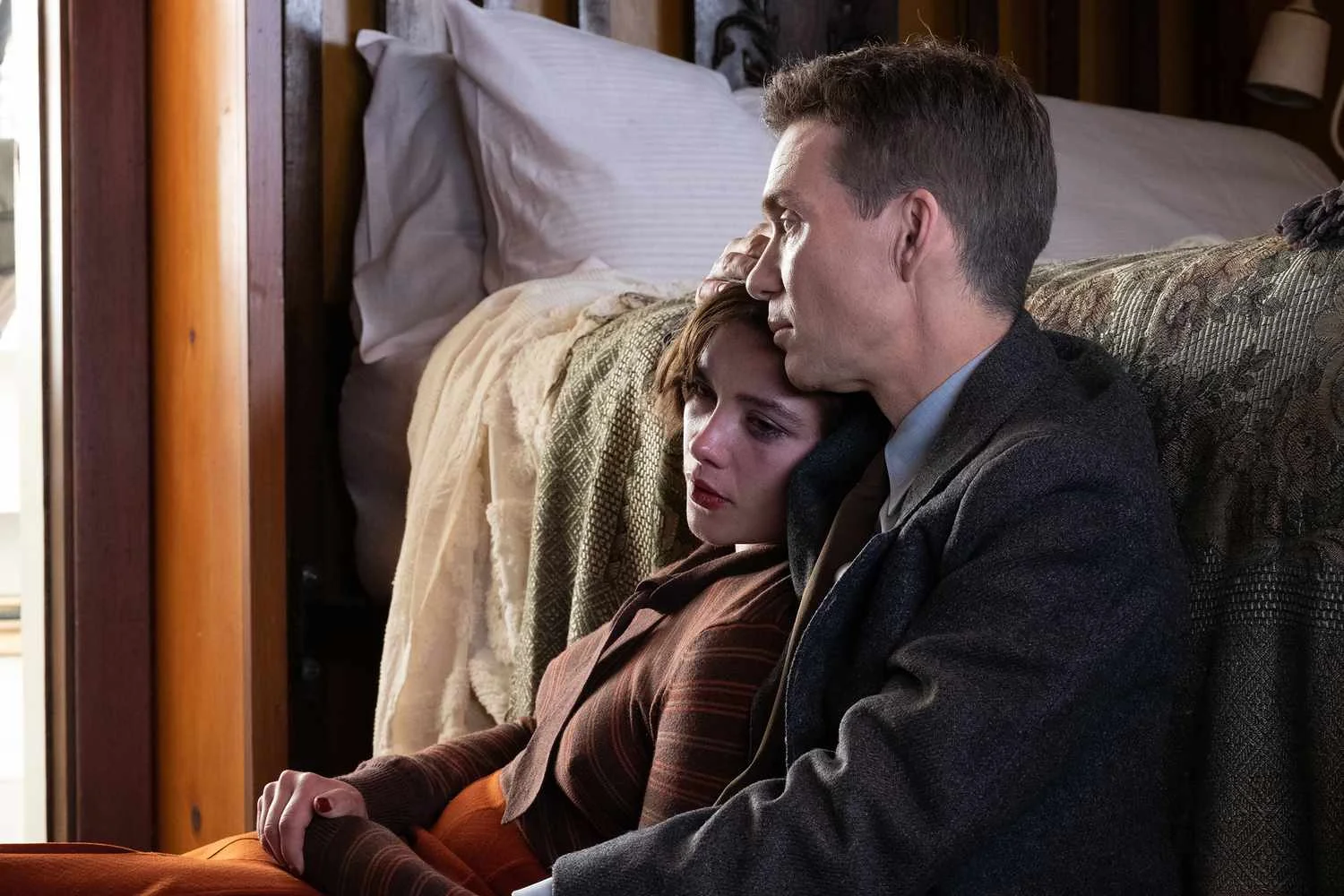Cillian Murphy, the versatile and acclaimed actor, recently provided insights into the intimate and racy scenes featured in the film Oppenheimer, where he stars alongside Florence Pugh. In an honest and candid interview with GQ Magazine, Murphy admitted that filming such sequences can be uncomfortable and awkward for any actor, but he also emphasized the importance of including them in the movie to serve its narrative purpose.
Addressing the question of whether the provocative scenes were necessary to portray the life of J. Robert Oppenheimer effectively, Murphy confidently asserted that they were indeed vital. He attributed this significance to the emotional depth and complexity they added to the film, especially in depicting the relationship between his character and Florence Pugh’s character, Jean Tatlock, in the biographical thriller.
Murphy’s perspective aligns with that of the film’s director, Christopher Nolan, who previously shared his thoughts with Insider. Nolan acknowledged the challenges of exploring new and sensitive territory as a filmmaker and stressed the need for careful planning and consideration when incorporating such scenes. For Nolan, delving into Oppenheimer’s life and exploring various facets of his character, including his sexuality and interactions with women, was crucial to delivering an authentic and comprehensive portrayal.
However, after the film’s release, it faced criticism from Indian officials, who voiced objections to a particular 15-minute sequence involving their sacred book, Bhagwad Geeta. They called for the removal of the scene, asserting that it hurt the sentiments of the Hindu community. This controversy sparked debates on social media platforms, with some users condemning Nolan for what they perceived as a scathing attack on Hinduism.
Despite the polarizing response, Oppenheimer remains a thought-provoking and multi-dimensional film that dares to explore the intricacies of its central character’s life. It raises questions about the responsibilities and challenges of portraying historical figures on screen, delving into both their professional achievements and personal complexities.
As the film continues to spark discussions and captivate audiences worldwide, Cillian Murphy’s portrayal and his candid insights into the film’s controversial scenes add to the broader conversation about the delicate balance between artistic expression and cultural sensitivities in cinema.




